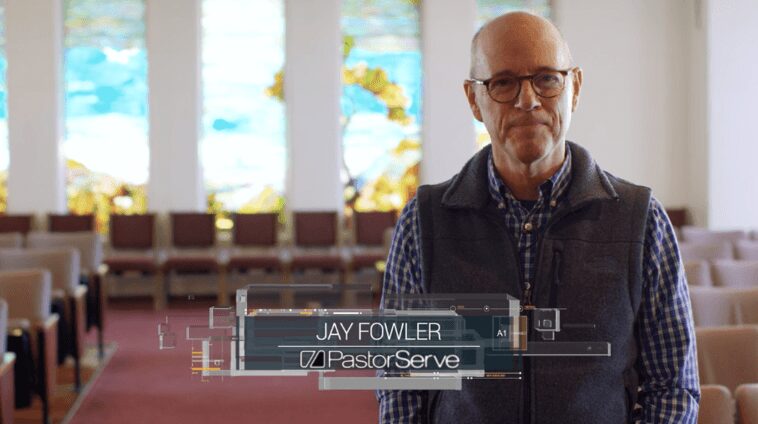What are some favorite sound bites that you’ve gleaned from the leadership books you’ve read or the conferences you’ve attended? You know what I’m referring to, right? It’s that one to two-line statement that’s a mic drop moment. Upon hearing it, you turn to a colleague at a conference and say, “Wow, that was worth the price of admission!” Or, in a moment of inspiration, you feel this overwhelming need to post it or tweet it to others because you can’t stand the idea of keeping those powerful words to yourself. So, what are some of your favorites? Here are some of mine:
- “Great vision without great people is irrelevant.” – Jim Collins
- “We can’t continue to add value to people if we’re not adding value to ourselves.” – Brad Lomenick
- “Direction, not intention determines your destination.” ― Andy Stanley
- “If we want to be better than normal we must move from good intentions to what I call God intentions.” – Craig Groeschel
- “When you have the humility to listen to the Bible it does more than enlighten us, it transforms us.” – Mario Vega
- “The vast majority of organizations today have more than enough intelligence, experience and knowledge to be successful. What they lack is organizational health.” – Patrick Lencioni
Let’s face it; we crave these thought-provoking morsels of inspiration. Hope. Vision. Truth. Moreover, we’re challenged to become more intentional at crafting our own meaningful sound bites. For instance, John Baldoni, a contributor for Forbes / Leadership, provides three elements sound bite should possess: 1) Analogy, 2) Brevity, and 3) Polish.
It’s all good advice; however, we have to ask ourselves if we’ve crossed the line from being fully engaged leaders to simply embracing a sound bite leadership style. There is a difference. There are at least three weaknesses of the latter:
- It’s grossly oversimplified. To be an effective leader, you have to be all in. You can’t simply share tweet-worthy content and expect others to mobilize. You have to be engaged with your people. It takes caring for others. It’s heart and mind work. It’s messy at times. It’s risky. It takes sacrifice. It takes patience. It calls for you to meet with your people on a regular basis for collaboration, goal setting, accountability and evaluating development and progress.
- It leaves you underdeveloped. Reading a good book on leadership or attending a conference does not necessarily make anyone a more effective leader. In fact, we’re being poor stewards of our time, talents, gifts and money if we don’t keep coming back to questions like these after the book or conference: What am I going to do with the information I just gleaned? How can I best integrate these principles into my life and leadership? Who can best help me do that and hold me accountable to true life-change? Is it my boss? A mentor? A coach?
- It leaves your people hungering for more. In the end, people want good leadership. While a visionary zinger may inspire them in the moment, it cannot sustain them over the long haul. You cannot rally people towards the mundane or the mountaintop on sound bites alone. People need your thought-provoking questions that create space for them to think out loud with their answers. They need your presence which communicates you’re in this with them. They need your feedback, which helps them continue to develop.
Moving forward, I’d be remiss if I didn’t urge you to do something with this information. Perhaps a statement or two has resonated with you. You may even feel a desire to post or tweet it. Please know, though, that’s not my goal. My goal is for you to evaluate how you’re really leading your people. Think through the three weaknesses of embracing a sound bite leadership style. Which one is your greatest weakness? What’s one thing you can do within the next seven days that would help you become a more effective leader for your people—beyond sharing a pithy sound bite with them?



